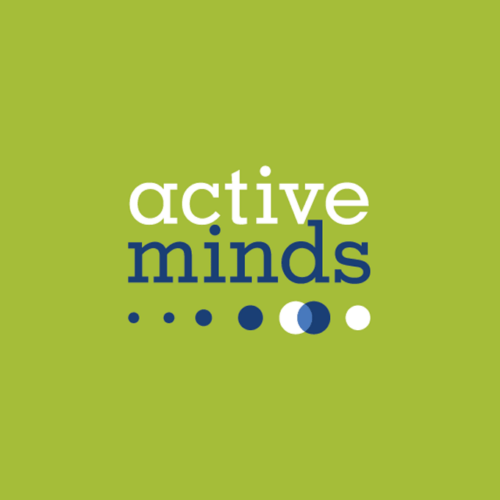There is help. There is hope.
Support is closer than you think. Here are some ideas for where to go when you or a friend needs help.
Is this a crisis?
Call/text 988 now to reach the 988 Suicide and Crisis Lifeline, or see our Crisis Support resources for more urgent needs.
Find help on Campus
Talk with a person you trust
Talk with a parent, medical doctor, religious leader, trusted professor, coach, RA, or friend. They can often help you find the best and most appropriate place for getting help or a professional that you feel comfortable with.
Visit the counseling center
Almost every college has a counseling center, and every high school a guidance counselor. Visit your counseling center. You can usually call ahead and make an appointment, or just stop by.
Go to the health clinic
Talk to any doctor. They can help you find the help you need.
Find help in the community
Seek help off-campus
Some people don’t feel comfortable getting help on campus where they might be seen by others. Google “mental health services in [your city’s name]” for off-campus options. For more information on local services, look up your state on the SAMHSA Mental Health Services Locator or check out the Find a Pro service from the Depression and Bipolar Support Alliance to help you find peer recommended mental health resources.
Check out support groups
Sharing and hearing from others going through similar situations can really help. See what support groups are available on campus or at local hospitals, community centers, or faith centers.
Get in touch with a MHA or NAMI affiliate
These groups can provide you with information on mental health resources available in your community. Find your local Mental Health America or National Alliance on Mental Illness affiliate.
Peer Support
Find an Active Minds Campus Chapter
Find out if your college or high school has an Active Minds chapter. There are more than 600 chapters throughout the U.S. and internationally (if there’s not one on your campus, consider starting a chapter). Each chapter is closely integrated with its campus health and counseling services.
Many chapters have regular meetings so members can plan mental health awareness and education events for their peers. The meetings also often become a reminder to help each other prioritize self-care. Active Minds chapters do not serve as peer support groups, but chapters do often become support networks for members, creating a place where student advocates know that others share similar experiences.
Get A Free Peer Support Subscription To Sharewell!
Thanks to our partnership with ShareWell, the largest online community for peer-led mental health, Active Minds is now offering FREE peer support subscriptions to youth and young adults, ages 18 to 25. Peer support is for anyone seeking validation, understanding, or simply looking for a safe group of people to share their story. It’s an opportunity to talk about your experiences, share skills and coping methods, express emotions, and build relationships with people who understand you.
If you (or your friends/loved ones) are between the ages of 18-25 and would like a free annual subscription to peer support services, you can sign-up at ShareWell and use the code FREEYEAR at checkout. Subscriptions are limited and distributed on a first-come, first-served basis.
Additional Resources
Self-care
Take a look at these ideas for taking care of yourself and what you need.
Offering help to friends and family
What to do when a friend or loved one is struggling with their mental health.
Support Through the Journey Treatment
Learn ways to help during the different stages of your friend’s or family member’s mental health journey.
Discover Active Minds Programs
Send Silence Packing®
An immersive experience that illustrates the stories and centers the voices of youth as they guide us through their mental health journeys to end the silence surrounding mental health.
A.S.K. your friends
Active Minds and MTV’s A.S.K. Acknowledge, Support, Keep-in-Touch, the new “stop, drop, and roll” of emotional support.
Find a Chapter
Peer-led mental health advocacy groups, equipped to mobilize and change the conversation about mental health in their school and communities.
The content on this site is intended for educational purposes only and should not take the place of talking with your doctor or healthcare professional. It should not be used for diagnosing or treating a health problem or disease. If you have any questions about your medical condition, talk to your healthcare professional.


